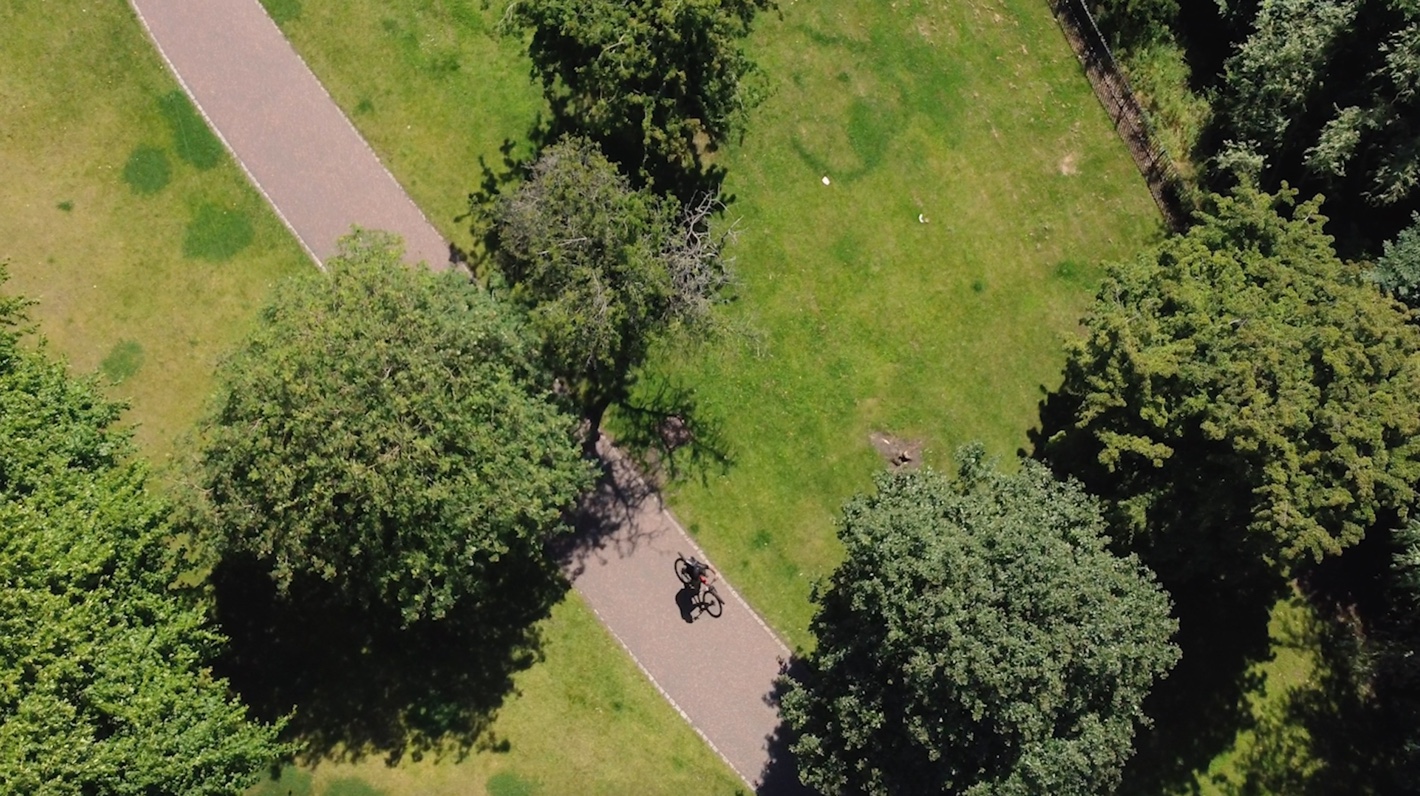
Friends of the Earth Scotland Media Advisory: A Green Budget? What to look for
The draft Scottish Budget goes before Parliament on Wednesday 17 November. On the same day, the Scottish Government is expected to announce its policies and proposals for meeting Scotland’s climate emission targets over the coming decade.
Friends of the Earth Scotland have called for a green stimulus package incorporating a series of key pledges that, despite fiscal austerity, would ensure the budget could be considered green:
– Commitment to the spending necessary to deliver Scotland’s climate targets – and the associated health, social and economic benefits that will arise from meeting those targets.
– Targeted spending on climate to maximise associated health, social and economic benefits – including at least £100m a year on housing improvement, and 10% of the transport budget for active travel.
– Commitment to maintain a high level of capital investment, but with careful targeting – cutting major road schemes such as the additional Forth Crossing and Aberdeen Bypass to secure investments in public transport and improved housing.
– Establishment of a strategic climate fund for public bodies – alongside clear direction that all local authorities will be expected to meet national climate emissions reduction targets.
– Improved ‘carbon assessment’ of the budget, which no longer systematically underestimates government responsibility for emissions in agriculture and road transport [1].
– Establishment of a ‘Behaviour Change’ fund, building on the success of the Climate Challenge Fund, of at least £12.5m a year, and an Adaptation fund to support communities in the developing world, of at least £9m a year in addition to the existing aid budget.
Friends of the Earth Scotland Chief Executive Duncan McLaren said:
“Times are hard, but cutting back on our climate change ambitions would mean cutting back on improvements in health, well-being and the economy worth far more than the direct costs of the policies. A green stimulus is still the best policy, rather than stringent cuts.
“Ministers could reduce the deficit by making more use of regulatory approaches – such as setting minimum standards for housing, which would lever in more private investment; cutting climate damaging investments like the additional Forth Crossing and Aberdeen bypass; or even using Scotland’s tax varying powers
“They should also look to the future by seeking advice and evidence on the scope for a green tax shift in Scotland, on the adoption of well-being indicators to complement or replace crude economic measures; and on the delivery of a just transition for employees in sunset industries such as oil and gas.”
ENDS
For more information please contact:
Per Fischer, Press Office, Friends of the Earth Scotland
t: 0131 243 2719
Notes to Editors
[1] For the second year in a row, a carbon assessment will be published alongside the budget, a requirement under the Climate Change Act. Last year the assessment excluded emissions arising from the use of infrastructure funded by the Scottish budget, and attributed agricultural emissions arising from subsidies paid to Scottish farmers to the EU budget, rather than the Scottish budget.
[2] The spending plans and the Climate Act’s Report on Proposals and Policies (RPP) will both be subject to Parliamentary consideration until the New Year.
